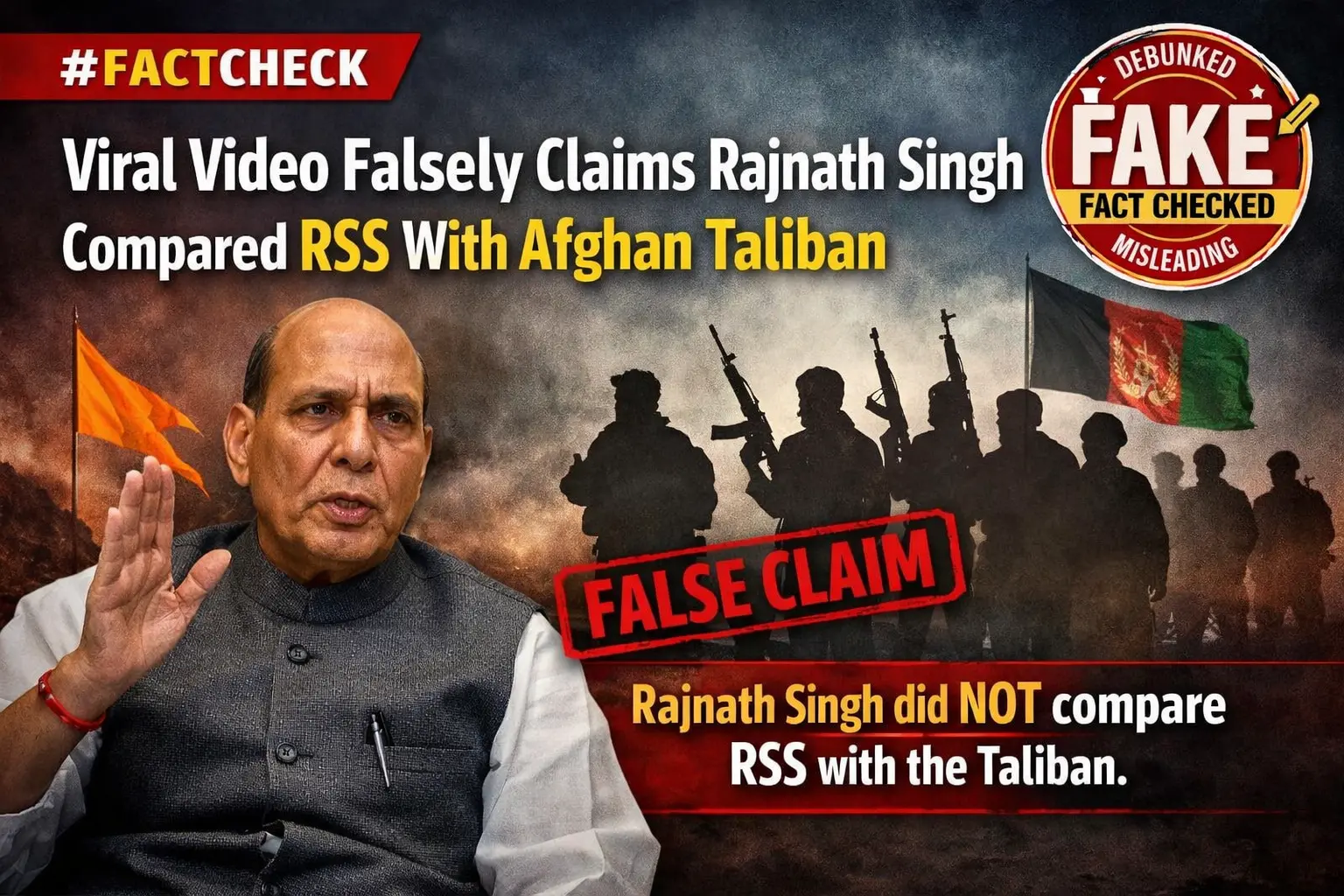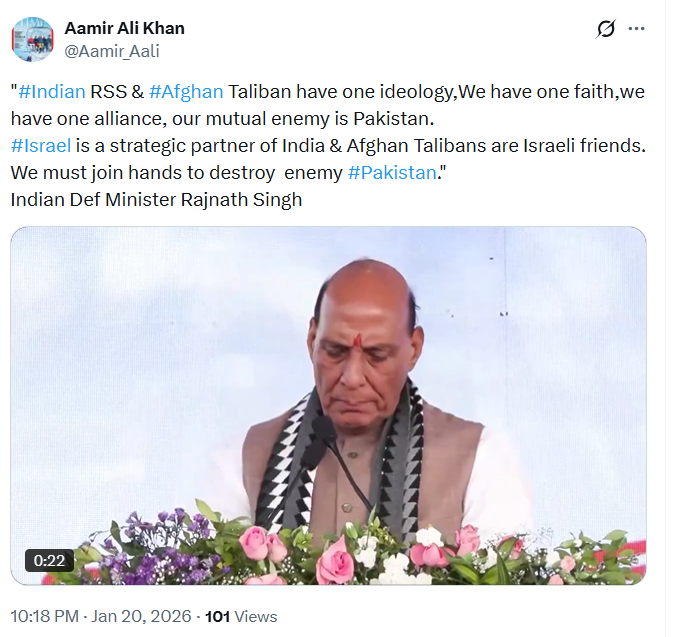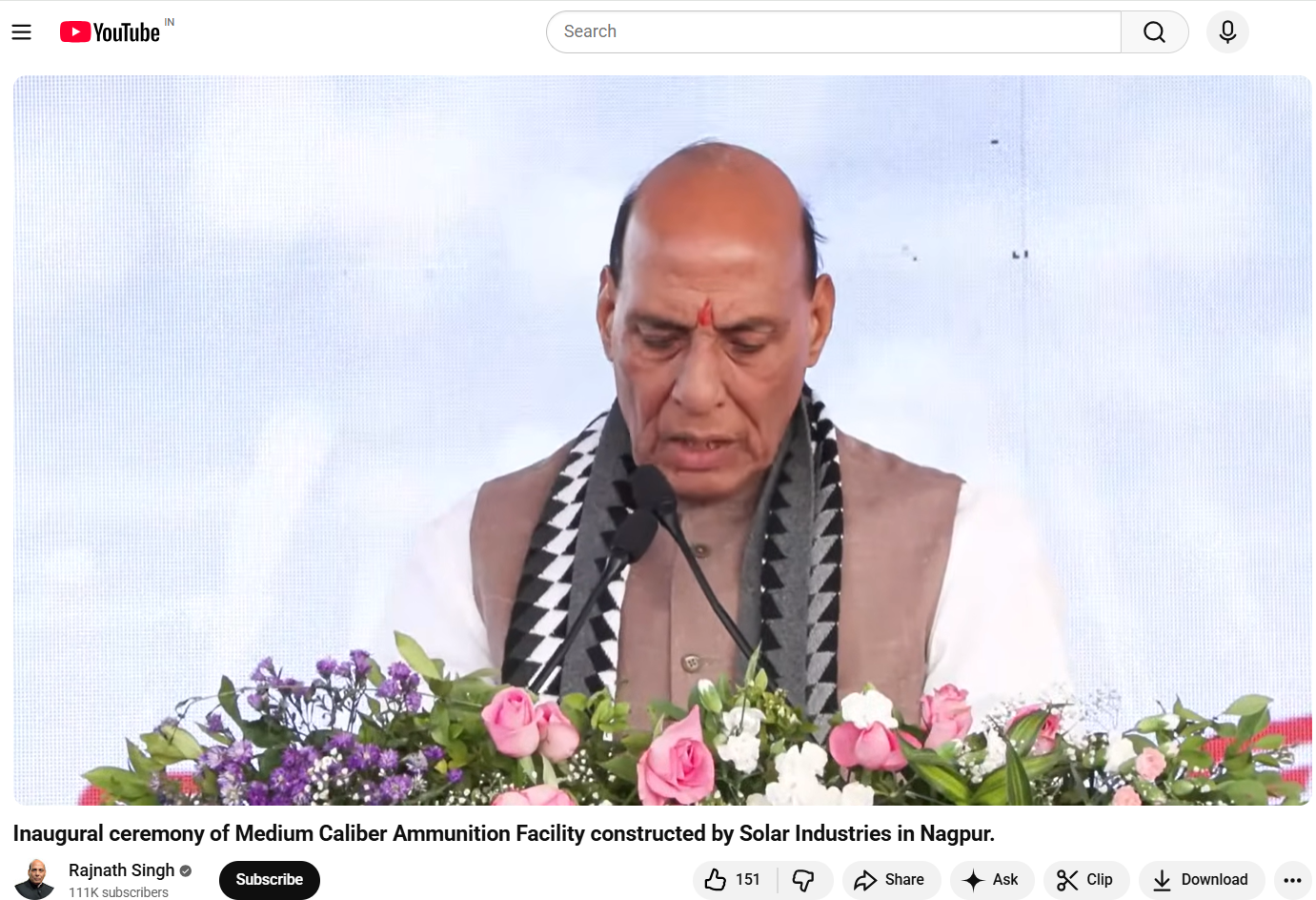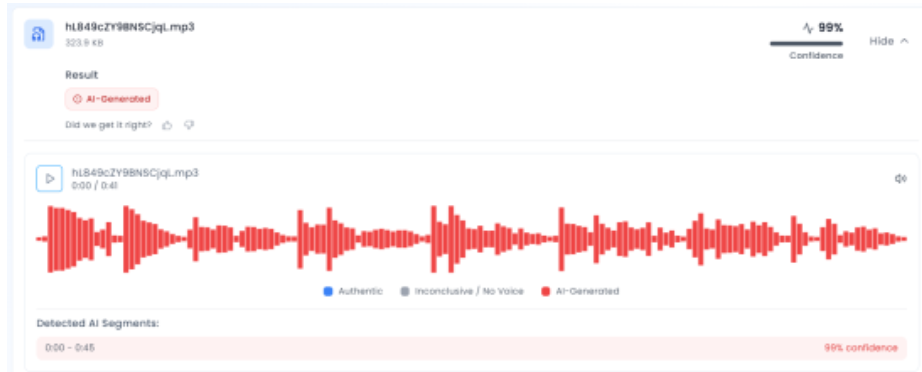The Legal Risk of User-Generated Misinformation: A Focus on Platform Accountability
There has been a struggle to create legal frameworks that can define where free speech ends and harmful misinformation begins, specifically in democratic societies where the right to free expression is a fundamental value. Platforms like YouTube, Wikipedia, and Facebook have gained a huge consumer base by focusing on hosting user-generated content. This content includes anything a visitor puts on a website or social media pages.
The legal and ethical landscape surrounding misinformation is dependent on creating a fine balance between freedom of speech and expression while protecting public interests, such as truthfulness and social stability. This blog is focused on examining the legal risks of misinformation, specifically user-generated content, and the accountability of platforms in moderating and addressing it.
The Rise of Misinformation and Platform Dynamics
Misinformation content is amplified by using algorithmic recommendations and social sharing mechanisms. The intent of spreading false information is closely interwoven with the assessment of user data to identify target groups necessary to place targeted political advertising. The disseminators of fake news have benefited from social networks to reach more people, and from the technology that enables faster distribution and can make it more difficult to distinguish fake from hard news.
Multiple challenges emerge that are unique to social media platforms regulating misinformation while balancing freedom of speech and expression and user engagement. The scale at which content is created and published, the different regulatory standards, and moderating misinformation without infringing on freedom of expression complicate moderation policies and practices.
The impacts of misinformation on social, political, and economic consequences, influencing public opinion, electoral outcomes, and market behaviours underscore the urgent need for effective regulation, as the consequences of inaction can be profound and far-reaching.
Legal Frameworks and Evolving Accountability Standards
Safe harbour principles allow for the functioning of a free, open and borderless internet. This principle is embodied under the US Communications Decency Act and the Information Technology Act in Sections 230 and 79 respectively. They play a pivotal role in facilitating the growth and development of the Internet. The legal framework governing misinformation around the world is still in nascent stages. Section 230 of the CDA protects platforms from legal liability relating to harmful content posted on their sites by third parties. It further allows platforms to police their sites for harmful content and protects them from liability if they choose not to.
By granting exemptions to intermediaries, these safe harbour provisions help nurture an online environment that fosters free speech and enables users to freely express themselves without arbitrary intrusions.
A shift in regulations has been observed in recent times. An example is the enactment of the Digital Services Act of 2022 in the European Union. The Act requires companies having at least 45 million monthly users to create systems to control the spread of misinformation, hate speech and terrorist propaganda, among other things. If not followed through, they risk penalties of up to 6% of the global annual revenue or even a ban in EU countries.
Challenges and Risks for Platforms
There are multiple challenges and risks faced by platforms that surround user-generated misinformation.
- Moderating user-generated misinformation is a big challenge, primarily because of the quantity of data in question and the speed at which it is generated. It further leads to legal liabilities, operational costs and reputational risks.
- Platforms can face potential backlash, both in instances of over-moderation or under-moderation. It can be considered as censorship, often overburdening. It can also be considered as insufficient governance in cases where the level of moderation is not protecting the privacy rights of users.
- Another challenge is more in the technical realm, including the limitations of AI and algorithmic moderation in detecting nuanced misinformation. It holds out to the need for human oversight to sift through the misinformation that is created by AI-generated content.
Policy Approaches: Tackling Misinformation through Accountability and Future Outlook
Regulatory approaches to misinformation each present distinct strengths and weaknesses. Government-led regulation establishes clear standards but may risk censorship, while self-regulation offers flexibility yet often lacks accountability. The Indian framework, including the IT Act and the Digital Personal Data Protection Act of 2023, aims to enhance data-sharing oversight and strengthen accountability. Establishing clear definitions of misinformation and fostering collaborative oversight involving government and independent bodies can balance platform autonomy with transparency. Additionally, promoting international collaborations and innovative AI moderation solutions is essential for effectively addressing misinformation, especially given its cross-border nature and the evolving expectations of users in today’s digital landscape.
Conclusion
A balance between protecting free speech and safeguarding public interest is needed to navigate the legal risks of user-generated misinformation poses. As digital platforms like YouTube, Facebook, and Wikipedia continue to host vast amounts of user content, accountability measures are essential to mitigate the harms of misinformation. Establishing clear definitions and collaborative oversight can enhance transparency and build public trust. Furthermore, embracing innovative moderation technologies and fostering international partnerships will be vital in addressing this cross-border challenge. As we advance, the commitment to creating a responsible digital environment must remain a priority to ensure the integrity of information in our increasingly interconnected world.
References
- https://www.thehindu.com/opinion/op-ed/should-digital-platform-owners-be-held-liable-for-user-generated-content/article68609693.ece
- https://www.thehindu.com/opinion/op-ed/should-digital-platform-owners-be-held-liable-for-user-generated-content/article68609693.ece
- https://hbr.org/2021/08/its-time-to-update-section-230
- https://www.cnbctv18.com/information-technology/deepfakes-digital-india-act-safe-harbour-protection-information-technology-act-sajan-poovayya-19255261.htm








.webp)




